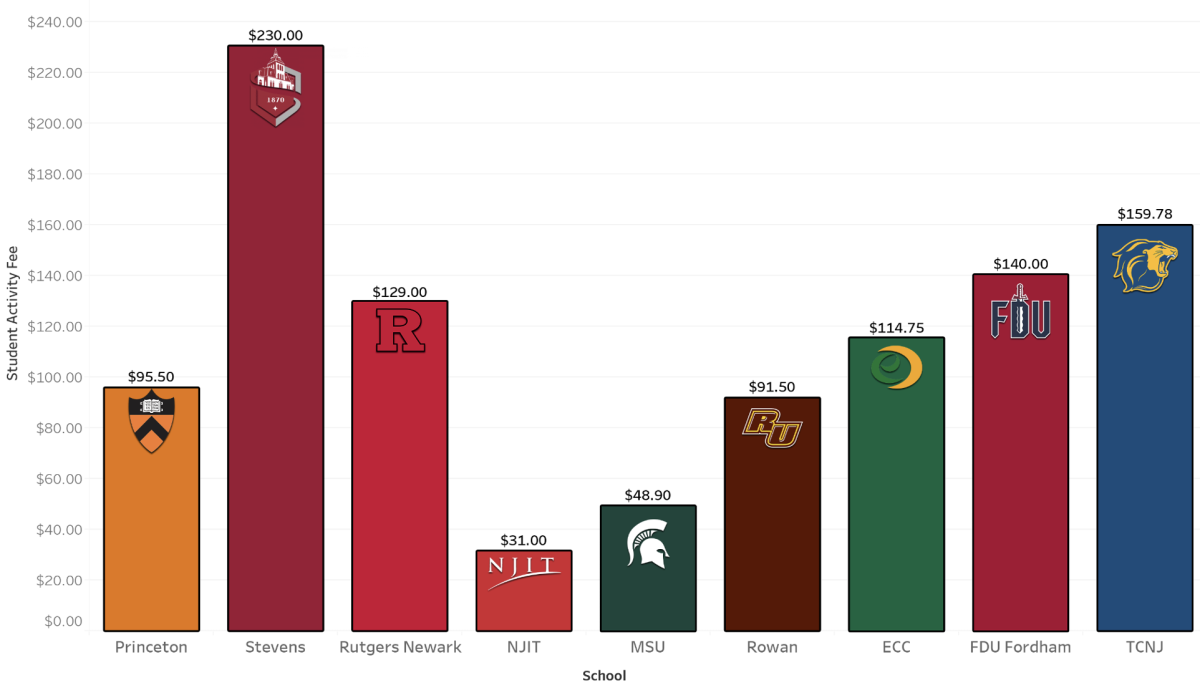By Aditya Uppuluri
One of the most talked about health issues in 2014 was the Ebola Outbreak in West Africa that claimed thousands of lives. It sparked fear across the globe as nations understood the virulence and capacity of Ebola to spread. The scare came close to home when there was a suspected Ebola case in Newark Airport. This article revisits the outbreak and explains where the scientific community has come since then.
The outbreak revealed two important facts about our control over the disease. First, the outbreak showed that containing Ebola to one area was no longer possible. There was a high degree of infrastructure that contributed to the rapid propagation of the disease. Because of roads, highways, and air travel, infected individuals could carry the disease across countries and even continents. In the past, the only way to combat an Ebola outbreak was to restrict it to one region, treat the symptoms of as many people as possible, and hope that the outbreak ran its course. This rationale no longer works. Advanced infrastructure enables the spread of the disease, and the virus’s long latency period (time between exposure to the virus and manifestation of the clinical disease) always places healthcare professionals one step behind the virus.
Secondly, the outbreak revealed that the healthcare community has no medication to actually treat the disease. The current model of care for Ebola is to manage the symptoms and provide prototypical anti-viral drugs. During the Ebola outbreak of 2014, two American healthcare professionals contracted the disease, and they were given the experimental drug Zmapp. Reports suggest that the two healthcare professionals were able to survive because of this novel drug. Regardless of the outcome, the outbreak clearly showed that more research had to be done to find a way to clinically combat Ebola without just managing the symptoms.
That was two years ago. A new discovery about Ebola antibodies may influence the direction of new research. After researching the disease, the scientific community has turned its attention to antibodies. Antibodies are essentially small, extremely variable proteins that serve an important immune function. One of their functions is to bind to virus particles and neutralize them. This function is of especial importance in dealing with the Ebola virus.
Scientists have recently discovered that Ebola antibodies from a survivor are still effective even a decade later. To come to this conclusion, American scientists took the antibodies out of a survivor of the disease (the survivor contracted the disease 11 years ago), and injected those antibodies into monkeys that had been exposed to lethal doses of the virus. The end result was that these monkeys survived. What essentially happened was that one type of antibody from a survivor were able to fight the Ebola virus in monkeys. This is a very exciting discovery for the healthcare community because it may provide a quick, though not as effective, alternative to Zmapp and MIL-77.
Zmapp and MIL-77 are the two currently used Ebola drugs. They are both essentially cocktails of different types antibodies. Typically, the antibody cocktail contains three different types of antibodies. The reason for using three is that using just one antibody may allow the virus population to evolve and become resistant to the antibody sooner than if three antibodies were used in a cocktail. However, the drawback with antibody cocktails, such as Zmapp, is that producing them is much more complicated that producing a single antibody drug. The new discovery about the monoclonal antibody (single type of antibody) may provide scientists a means to produce a fast, clinically safe (albeit potentially dangerous in regard to evolution), and effective medication to administer in the instance of an outbreak.
While many of these antibody-based drugs have yet to be tested in human trials, discoveries such as this one provide a greater sense of direction for new research on a cure for Ebola. Perhaps even more important than guiding the direction of research, the discovery of monoclonal antibodies fighting Ebola may further the scientific community’s understanding of the mechanisms involved in antibody-driven neutralization of offending agents.


































